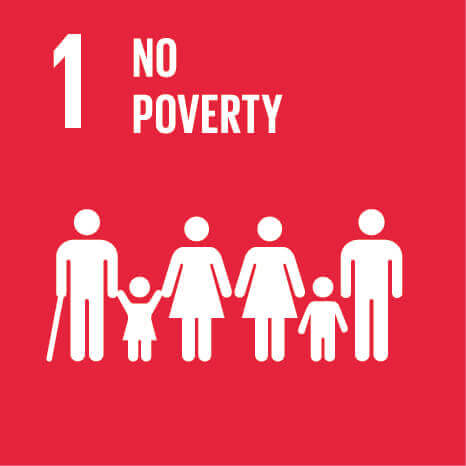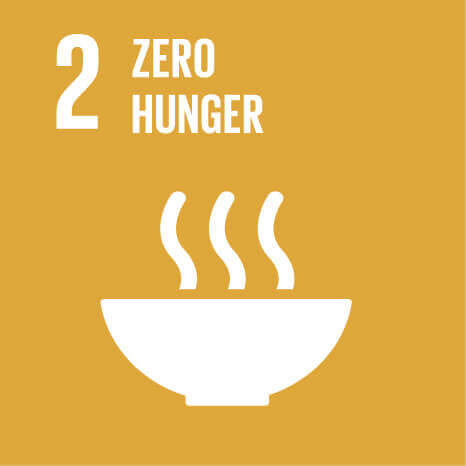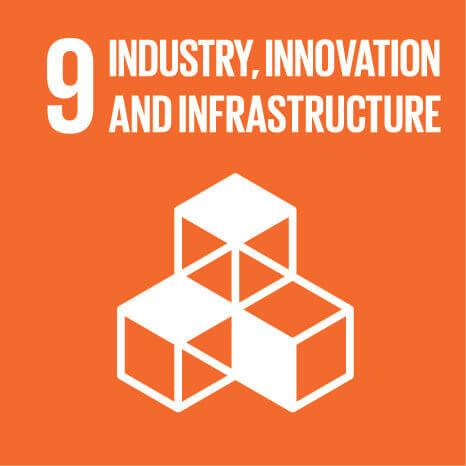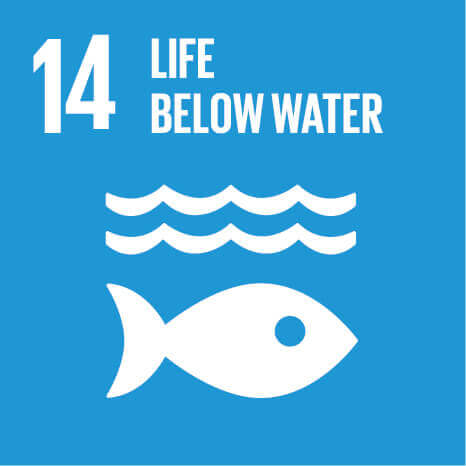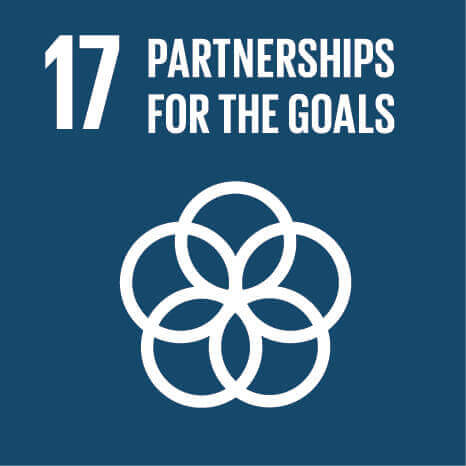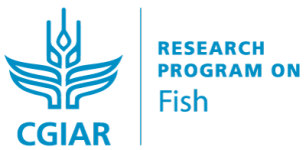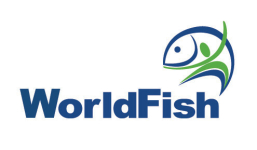Investment to enable implementation of the COMESA Green Pass for fish on the Zambia-Zimbabwe-Mozambique border.
Published on: April 29, 2020, Submitted by Cristiano Rossignoli on: April 23, 2020, Reporting year: 2019
FISH research catalyzes investments for the construction of the facility for implementation of COMESA Green Pass, that facilitates fish trade within the participating countries.
Official opening of the COMESA Fish Inspection and Certification Facility in Luangwa on the Zambia-Zimbabwe-Mozambique border.
The COMESA Green Card process for small-scale traders has been developed for piloting in Zambia, Mozambique, Zimbabwe and DRC (it is expected to be endorsed in DRC in March 2020). This system establishes a Green Pass border committee in Luangwa, Zambia, where following inspection a pass is issued indicating that sanitary and phytosanitary (SPS) standards have been met for dried and smoked fish. The launch of the facility was attended by District Commissioners from Mozambique and Zimbabwe and officials from SADC. Another Green Pass Border Committee at Kasumbulesa in Zambia on the border with DRC will confirm that the fish can pass without need for further SPS checks. Investments for the construction of the facility were provided by the European Union and supported by the Southern Africa Development Community (SADC).
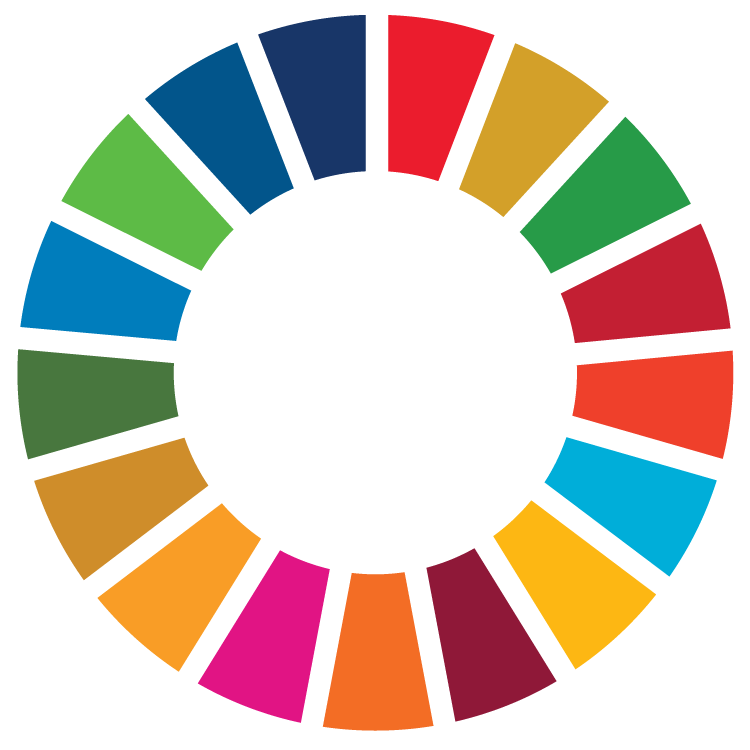 Disaggregates for Sphere of Influence
Disaggregates for Sphere of Influence
-
C.1.2 - Increased capacity of partner organizations , as evidenced by rates of investment in agricultural research
-
D.1.4 - Increased capacity for innovation in partner development organizations and in poor and vulnerable communities
Focus
-
Capacity Development & Knowledge Sharing: 1 - Significant objective
Specific Disaggregates for this Policy Indicator
-
Policy/Investment Type: Budget or Investment
-
Whose policy is fixed? Funder, Public Sector
-
Stage of Maturity: Level 1 - Research taken up by next user (decision maker or intermediary)
Linked Outcome/Impact Case Report (OICR)
Acknowledgement
This work was undertaken as part of the CGIAR Research Program on Fish Agri-Food Systems (FISH) led by WorldFish. The program is supported by contributors to the CGIAR Trust Fund. Funding support for this work was provided by the the European Commission in the framework of the Fish Trade Project – a partnership among WorldFish, AU-IBAR and NEPAD Agency.
